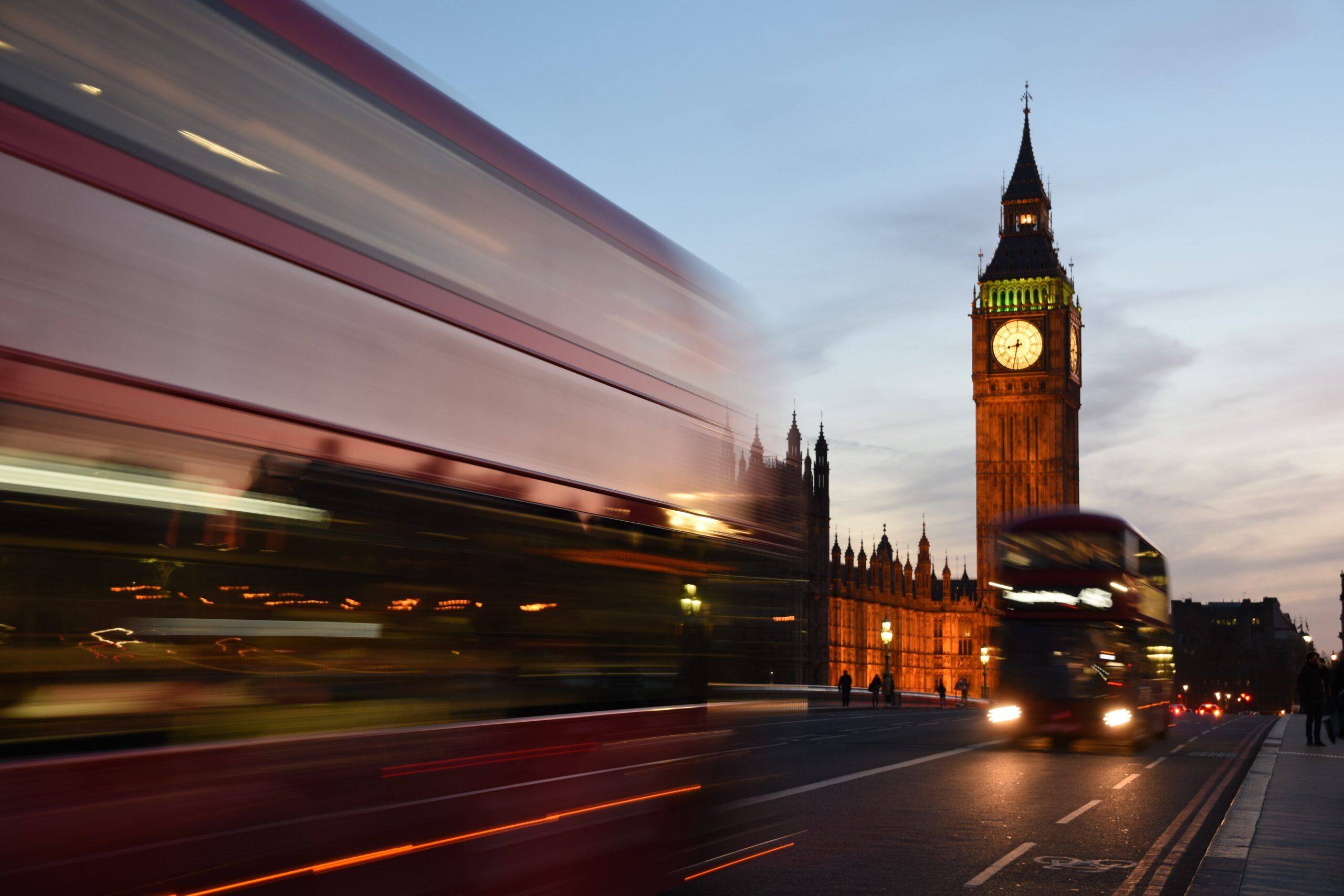
Currently, it’s not exactly a case of business as usual with the London property market. Nonetheless, estate agents are operating Covid-safe protocols and there are plenty of viewings and conveyancing transactions still taking place. The government’s stamp duty ‘holiday’ will close at the end of March, and this valuable tax incentive is expected to make the current quarter the busiest one in a decade.
When the first big wave of working from home arrived, many believed that lots of central London homeowners would pack up and leave for outer boroughs and further afield. In reality, initial reports suggest that migration out of inner London has risen, but only slightly.
Despite Brexit uncertainty and Covid pressures, London’s market has been described as “remarkably resilient”, with modest growth anticipated for the coming year. Buyers can act safe in the knowledge that the value of their new property is unlikely to tumble after they have completed. Meanwhile, for sellers wishing to move away from the capital, a cooling off in prices elsewhere in the country may make this an ideal time to act.
Here are some of the most commonly encountered London conveyancing issues to be aware of:
Nationally, around one in five properties is leasehold but in London, this increases to 53%.
In large part, this is down to the fact that many of the capital’s residential properties are flats, and leasehold is the standard method of ownership for both purpose-built and converted flats. A number of London houses are also sold on a leasehold basis, including key worker shared ownership schemes and many newbuilds.
The issue of cladding has been in the headlines recently, with some leaseholders being faced with huge bills for removal and replacement. It’s a reminder of a wider point concerning leasehold property in London: make sure you know exactly what your obligations are before you enter into the arrangement.
With matters such as ground rent, responsibility for upkeep, and restrictions on alterations, a good London conveyancing specialist will be able to highlight and explain your obligations, seek clarity where needed, and make sure you have the full picture before committing.
Leaseholders own the property, but the land upon which it is built is owned by the freeholder. From the time the lease commences, it lasts for a set period (e.g. 99 or even 999 years). When the term is up, property ownership passes back to the freeholder.
As the lease length goes down, so too does the property value. In fact, most mortgage providers won’t lend on a property with less than 70 years left on it. Once the lease reaches less than 80 years, it’s regarded as a ‘short lease’. At this point, the leaseholder may want to seriously consider negotiating with the landlord or issuing a formal application to have it extended. Bear in mind, the longer you leave it, the more expensive it is to extend.
Sellers commonly need to weigh up the pros and cons of extending a short lease prior to putting it on the market to make it more saleable. Buyers faced with a short lease need to be clear on the likely cost of extension to ensure the asking price is a fair one. For both parties, expert conveyancing advice is essential.
From large Victorian dwellings through to former commercial properties split into apartments, flat conversions are a big feature of the London property landscape.
Some common issues include questions over original planning permission, a lack of clarity on responsibility for maintaining common parts as well as general leasehold queries (see above). Also, if it’s on former industrial land (a riverside former warehouse, for example), specialist environmental searches may also be needed.
Find out more about conveyancing searches here.
London is home to hundreds of Grade I listed buildings of “exceptional” interest, and thousands more Grade II listed buildings of “special” interest. If the property was built before 1840 (original Georgian terraces and mews dwellings, for example), it is highly likely to be listed. Listed properties are subject to strict requirements relating to matters such as alterations and upkeep.
More widely, many London properties that pre-date 1900 may be based in designated ‘conservation areas’ by the local authority. This typically means limitations on things like loft conversions, replacing worn window frames and removal of greenery. Your conveyancer will check all of this to determine the likely impact on ownership.
The contested matters of Crossrail or HS2 can be an issue which you might want to consider. As a buyer, your London conveyancing specialist will carry out local authority searches to check whether any proposed new routes will be within 5km of your property. A further specialist report may be needed to determine things like the precise track route, type and speed.
Unfortunately, London clay is one of the country’s most shrinkable soil types, so you should be especially careful in checking for subsidence risks when buying. You should appoint a surveyor to look at the subsidence risk, while your conveyancer will ask the seller if there have been any historic issues, such as
From Clapham Common to Norbury, London is unfortunately home to several known hotspots for Japanese Knotweed; a particularly invasive plant. Due to the damage it can cause, most lenders won’t lend on a property where Knotweed is present unless there’s a plan in place for dealing with it. For sellers affected by Knotweed, your conveyancer can advise on how to put in place an approved management plan to deal with it.
As our guide, ‘Do home buyers need local conveyancers?’ highlights, it’s not necessary or more beneficial to use a locally-based solicitor for conveyancing, as they aren’t always geared up to keeping your transaction moving.
Muve offers a ‘best of both worlds’ approach. Based in Richmond-on-Thames, our London conveyancers are experts at solving the myriad of issues that can affect property transactions in the capital. However, we’re actually an online conveyancing specialist, which means you can simply log into our online portal at any time for an instant update, with virtually no back and forth with physical paperwork. The need for office visits is eliminated: especially good news in the Covid era!
Want to get moving with your London property transaction? Contact us today. For more information on the process of conveyancing and understanding the essentials, be sure to explore our information hub.

© 2024 Muve UK. All Rights Reserved.